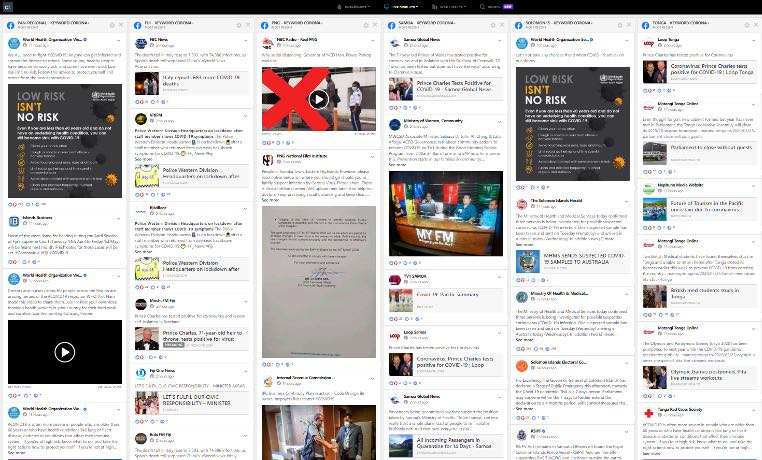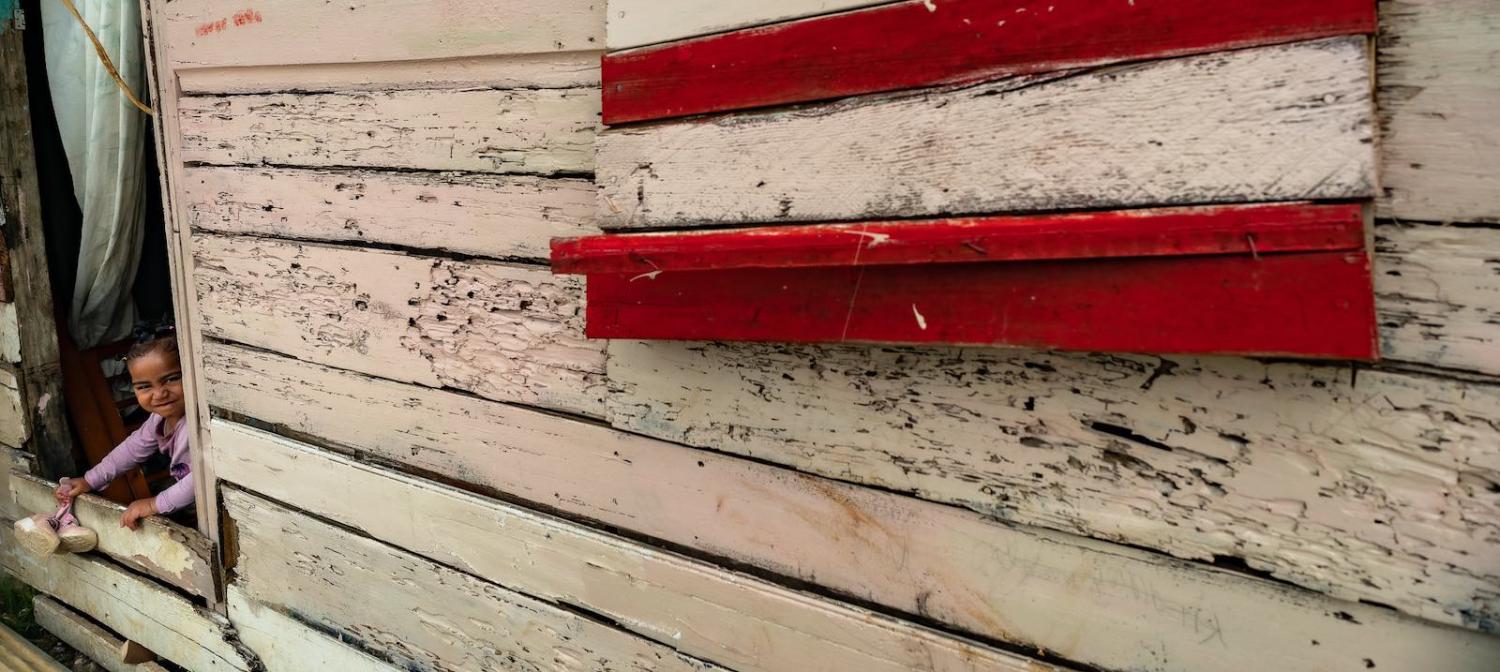- The Covid-19 crisis has already had a deep effect in the region, as columnist Peter Hartcher explains. Similarly, Terence Wood looks at four aspects of crisis in the region: the disease, the health system, the economic issue, and potential conflicts.
- Cases continue to rise in the Pacific, most notably in Hawaii, Guam, and French Polynesia. To keep their countries Covid-19 free, both Samoa and Tonga have announced total lockdowns (for two weeks and one week, respectively). In Wallis and Futuna, customary leaders have called for the territory’s complete isolation by stopping all shipping. In Solomon Islands, Prime Minister Manasseh Sogavare has declared Honiara an emergency zone. All schools in the country have been ordered to close. Fiji is under nationwide curfew since Monday. It’s a similar situation in Vanuatu. While Papua New Guinea braces for new cases, thousands of nurses are expected to stop work this week over concerns about lack of personal protective equipment.
- The ANZ Research team has a clear analysis on the possible economic impact of the crisis in the Pacific, mostly due to the lack of tourism.
- The airlines are the first victims of the slowdown of tourists. Samoa Airways has decided to suspend all flights indefinitely, and end a lease with a Malaysia-based airline. Similarly, Fiji Airways has suspended all domestic flights to “help the government stop the spread of the Covid-19 to the outer islands”. Air Vanuatu has announced it will operate a reduced schedule across its domestic network. Solomon Airlines decided to suspend all scheduled international passenger flights effective immediately.
- Various measures are being implemented to ease the economic pressure. In Fiji, the government has unveiled a US$400 million response budget to address the coronavirus threat. PNG’s government is considering asking banks to defer loan repayments by three months to help people and businesses.
- In Solomon Islands, BRED Bank has deferred all personal loan repayments for six months (principal and interest), starting today. Honiara also offered financial support to national students overseas during the crisis.
- The World Bank has delivered $5.1 million in immediate funding to support Samoa’s response to the pandemic. This is very welcome, as Samoa’s latest report in the East Asia and Pacific Economic Outlook looks particularly grim.
- In the North Pacific, the compact states are pleased to be included in latest Coronavirus Aid, Relief and Economic Security (CARES) Act adopted by the United States. It will allow them to benefit some of the $55 million provided to assist with needs related to prevention and mitigation of the coronavirus outbreak, including medical supplies and equipment, health care services and facilities.
- China is heavily invested in the region as well, donating $300,000 to PNG to support the country’s efforts to control the coronavirus. Similarly, China has offered $100,000 to Vanuatu, and committed to supply equipment such as ventilators and test kits for Port Vila. In Solomon Islands, Sogavare said testing kits from China should arrive next week.
- Meanwhile, Japan and Taiwan provided non-coronavirus related aid to Marshall Islands in ceremonies in Majuro in the past week.
- In Australia, it is still unclear how the government should support the region. Pat Conroy, shadow minister for international development and the Pacific, sees the Covid-19 crisis as a chance to strengthen family ties with the Pacific. ANU analyst Stephen Howes looks at the implication of Covid-19 for the Australian aid program, with strong downward pressure on aid volumes due to low domestic revenue, yet balanced by a realisation that an outbreak in the Pacific could require massive support.

Finally, on social media. As Covid-19 spreads, and each country either responds to cases or prepares for their potential arrival, health messaging distributed through social channels is becoming a frontline tool for governments and health agencies.
The Lowy Institute is using the Facebook-owned analytical tool CrowdTangle to monitor and track those social messages across the region. We’ve now put together a public page to display those messages – a Pacific-focused “live board” which displays our curated lists of government, media and other official pages into country-focused streams of information that are updated in real time.
The board is available through this link and we will continue maintaining it throughout coming weeks as governments and organisations update their social messaging strategies.
Already it’s evident that regional messaging developed by the World Health Organization is being widely used to support government efforts across the region. Some countries are extensively using social media for other purposes too. In Fiji, the names of potential contacts of Covid-19 cases were circulated on social media in a bid to locate them and ensure their quarantine. In PNG, daily briefings are being live-streamed by media outlets.
The challenge for regional governments and media is to ensure a reliable and credible flow of information that supports health messaging and doesn’t cause undue alarm. In the days ahead, as more countries in the region implement social distancing and shutdowns, the role of digital media will be a key part of how governments tackle the global pandemic.
